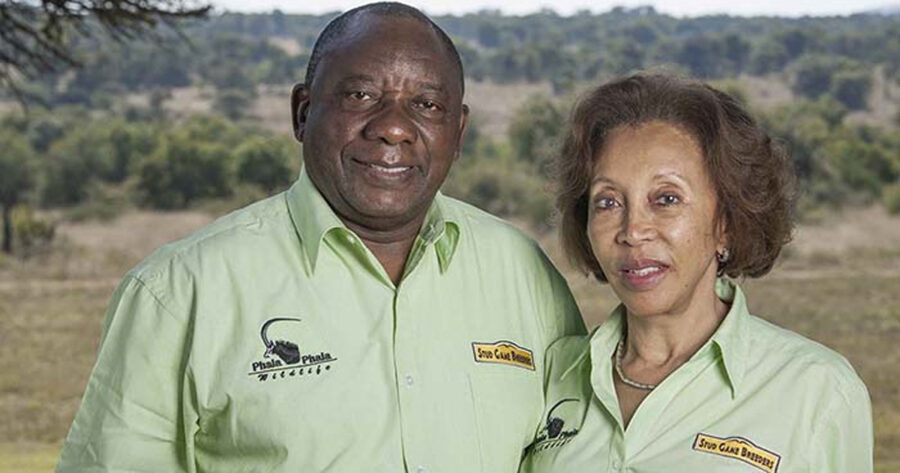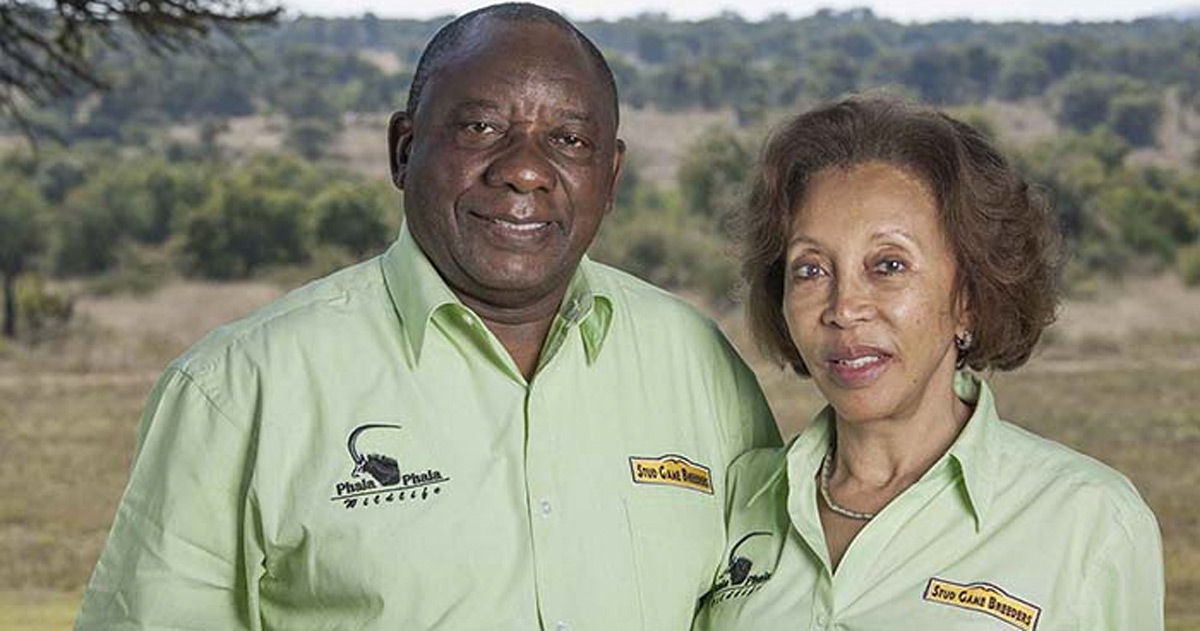
Steenhuisen: Ramaphosa Must Come Clean on DollarGate, He Has No Choice
The President is facing a crisis of credibility and cannot hide behind procedural smokescreens to avoid presenting South Africans with the full truth around the money that was stolen from his farm (Phala Phala), and the subsequent cover-up… writes DA Leader John Steenhuisen. There is no aspect of any police or other investigation that prevents him […]

The President is facing a crisis of credibility and cannot hide behind procedural smokescreens to avoid presenting South Africans with the full truth around the money that was stolen from his farm (Phala Phala), and the subsequent cover-up… writes DA Leader John Steenhuisen.
There is no aspect of any police or other investigation that prevents him from taking the country into his confidence with a full and honest account of events. In fact, he has a special obligation to do so which no other South African has.
I would like to remind him of the words of then Chief Justice Mogoeng Mogoeng back in 2016 when he handed down judgment in the Constitutional Court on the Nkandla matter. He had this to say about the unique and specific obligations of the President of the Republic:
“The President is the Head of State and Head of the national Executive. His is indeed the highest calling to the highest office in the land. He is the first citizen of this country and occupies a position indispensable for the effective governance of our democratic country. Only upon him has the constitutional obligation to uphold, defend and respect the Constitution as the supreme law of the Republic been expressly imposed.
“The promotion of national unity and reconciliation falls squarely on his shoulders. As does the maintenance of orderliness, peace, stability and devotion to the well-being of the Republic and all of its people. Whoever and whatever poses a threat to our sovereignty, peace and prosperity he must fight. To him is the executive authority of the entire Republic primarily entrusted. He initiates and gives the final stamp of approval to all national legislation. And almost all the key role players in the realisation of our constitutional vision and the aspirations of all our people are appointed and may ultimately be removed by him.
”Unsurprisingly, the nation pins its hopes on him to steer the country in the right direction and accelerate our journey towards a peaceful, just and prosperous destination, that all other progress-driven nations strive towards on a daily basis. He is a constitutional being by design, a national pathfinder, the quintessential commander-in-chief of State affairs and the personification of this nation’s constitutional project.
“He is required to promise solemnly and sincerely to always connect with the true dictates of his conscience in the execution of his duties. This he is required to do with all his strength, all his talents and to the best of his knowledge and abilities. And, but for the Deputy President, only his affirmation or oath of office requires a gathering of people, presumably that they may hear and bear witness to his irrevocable commitment to serve them well and with integrity. He is after all, the image of South Africa and the first to remember at its mention on any global platform.”
Hailed as a landmark judgment, these words of Chief Justice Mogoeng were meant to change things in our country. They were to draw a line under the shady dealings of corrupt presidents who had no regard for their constitutional duty, their oath of office and the concept of accountability. Indeed, President Ramaphosa’s entire presidency has been built around the notion that he represents this change. This notion will be exposed as a myth if he chooses to remain silent now.
Too many questions remain unanswered. How much money was kept on the farm and in what currency? How much of it was stolen? How did this foreign currency get into the country? How long was it stored on the President’s property? Were the correct exchange controls observed? And does the president still hold foreign currency at his farm or any of his other properties?
Similarly, there are many unanswered questions around the handling of the robbery itself, and particularly around the failure to report it to the South African Police Service (SAPS). South Africans need to know whether the President has no faith in SAPS, or whether there were other reasons for withholding this crime from the police. South Africans also need to know whether the President paid suspects and/or witnesses for their silence, whether he had them kidnapped and interrogated and whether he used his position as head of state, as well as state resources, for his own private business and his private investigation.
Nothing less than the full truth from the President will suffice, even if this should damage his public standing, open him up to possible criminal charges and compromise his prospects of re-election at his party’s elective conference.
If all is above board, as the President claims, then a full disclosure is in both the Presidency and nation’s best interests, while failure to do so will damage both. A decision to continue hiding behind the pretext of a “pending investigation” will be seen by the public as an admission of wrongdoing, and will surely make his presidency untenable.
By John Steenhuisen, Leader of the Democratic Alliance
